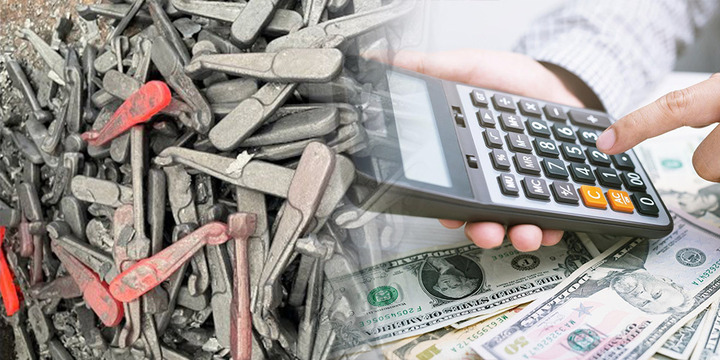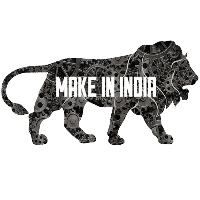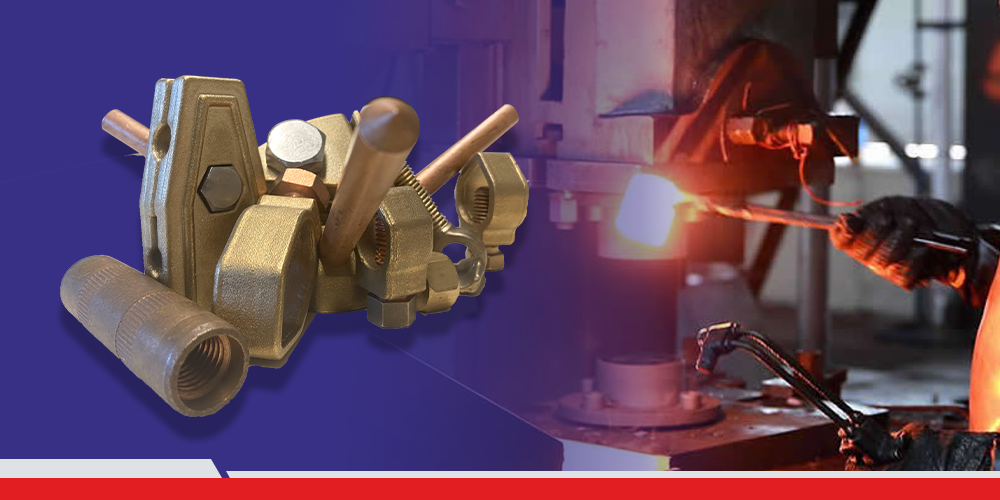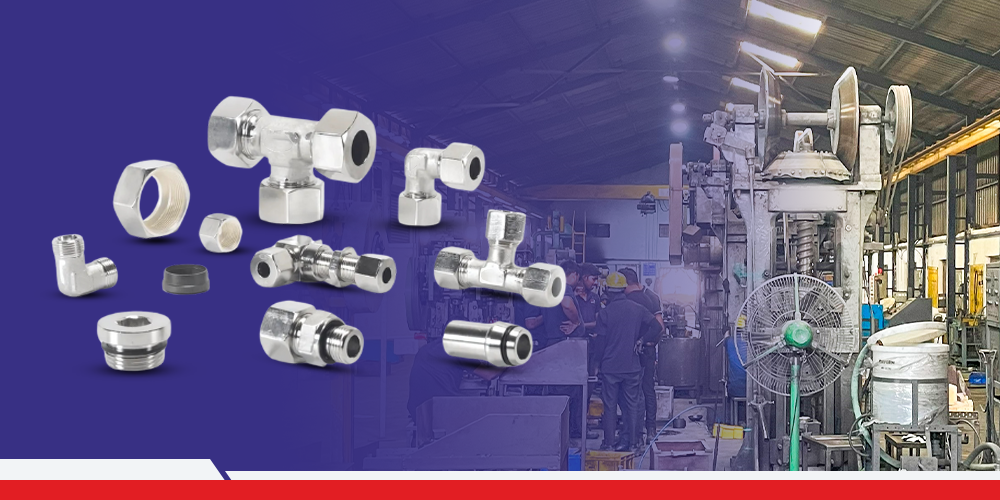Sales Inquiry
How Forged Levers Can Reduce Long-Term Maintenance Costs

In the world of machinery, reliability and cost-effectiveness are two sides of the same coin. While initial equipment costs are important, the true financial impact comes into play during a machine's operational lifetime. Here's where forged levers shine. Compared to their cast counterparts, forged levers offer significant advantages that translate to reduced long-term maintenance costs.
Understanding the Strength of Forged Levers
The forging process involves intense heat and pressure to shape metal into a desired form. This process refines the grain structure of the metal, resulting in a component with superior strength, uniformity, and resistance to fatigue. In contrast, cast levers are formed by pouring molten metal into a mold. While this method is faster and cheaper initially, it can create internal voids and inconsistencies in the material, leading to potential weaknesses.
Reduced Risk of Breakdowns and Replacements
Forged levers, due to their superior strength and fatigue resistance, are less susceptible to breakdowns compared to cast levers. This translates to fewer unplanned equipment outages, downtime, and associated repair costs. In critical applications where machinery failure can have cascading effects, forged levers offer a significant advantage by ensuring consistent and reliable operation.
Enhanced Durability for Extended Service Life
The inherent strength of forged levers allows them to withstand higher loads and more demanding operating environments. This translates to a longer service life for the levers themselves, reducing the need for frequent replacements. This is particularly important for machinery operating continuously or under harsh conditions.
Improved Efficiency and Reduced Energy Consumption
The superior uniformity of forged levers minimizes friction within the mechanism. This translates to smoother operation, reduced energy consumption, and improved overall efficiency of the machine. Over time, these efficiency gains can lead to significant cost savings on energy bills.
Lower Maintenance Needs: A Ripple Effect
The inherent reliability of forged levers extends beyond just the levers themselves. By minimizing breakdowns and component failures, forged levers can reduce the overall maintenance needs of the entire machine. This translates to fewer service calls, less labor required for repairs, and a lower overall burden on maintenance resources.
Designing for Reduced Maintenance
The benefits of forged levers can be further amplified by incorporating design considerations for easier maintenance. Features such as readily accessible lubrication points, standardized components, and modular designs can significantly reduce the time and effort required for routine maintenance tasks.
A Lifecycle Cost Perspective
While the initial cost of a forged lever may be slightly higher than a cast lever, the true cost analysis should consider the entire lifecycle of the component. When factoring in reduced maintenance costs, extended service life, and improved machine efficiency, forged levers offer a compelling return on investment.
Case Studies: Quantifying the Savings
Real-world examples further illustrate the cost-saving benefits of forged levers. Consider a manufacturing plant using cast levers in a critical assembly line. Frequent breakdowns due to lever failures resulted in significant downtime, lost production, and repair costs. By switching to forged levers, the plant experienced a dramatic reduction in breakdowns, leading to increased production uptime and a significant cost saving over a year.
Beyond Cost Savings: The Value of Reliability
The benefits of forged levers extend beyond just reduced maintenance costs. In applications where equipment failure can have safety implications, the inherent reliability of forged levers offers an invaluable advantage. Additionally, consistent and reliable operation can improve product quality and overall production efficiency.
Choosing the Right Forged Lever for Your Needs
To maximize the cost-saving benefits of forged levers, it's crucial to select the right one for your specific application. Factors such as load capacity, operating environment, and material selection all play a role. Consulting with a qualified engineer or supplier can ensure you choose forged levers that are optimized for your needs.
Conclusion: A Smart Investment for Long-Term Savings
Forged levers represent a smart investment for companies looking to reduce long-term maintenance costs and improve overall equipment reliability. While the initial cost may be slightly higher, the benefits of fewer breakdowns, extended service life, and improved machine efficiency translate to significant cost savings over the lifecycle of the equipment. By choosing forged levers, you can ensure your machinery operates smoothly, efficiently, and cost-effectively for years to come.
IQS Engineering Solutions specializes in forging high-quality forged levers that are designed to meet the demanding needs of various industries. Our levers are crafted using advanced manufacturing techniques and premium materials, ensuring exceptional durability, performance, and longevity. Contact us for more information.






